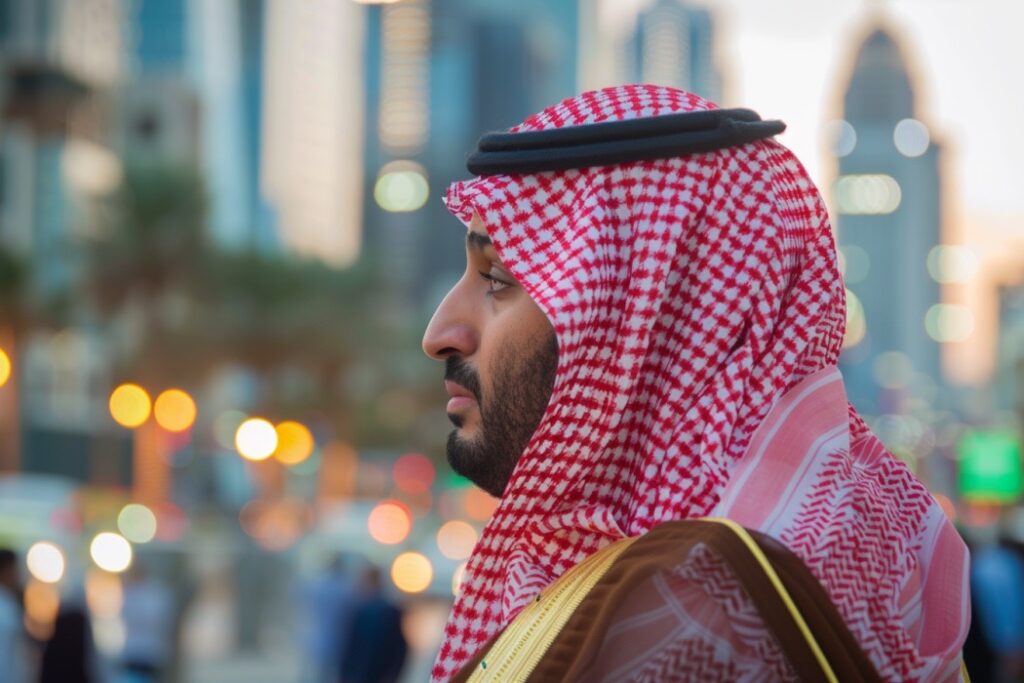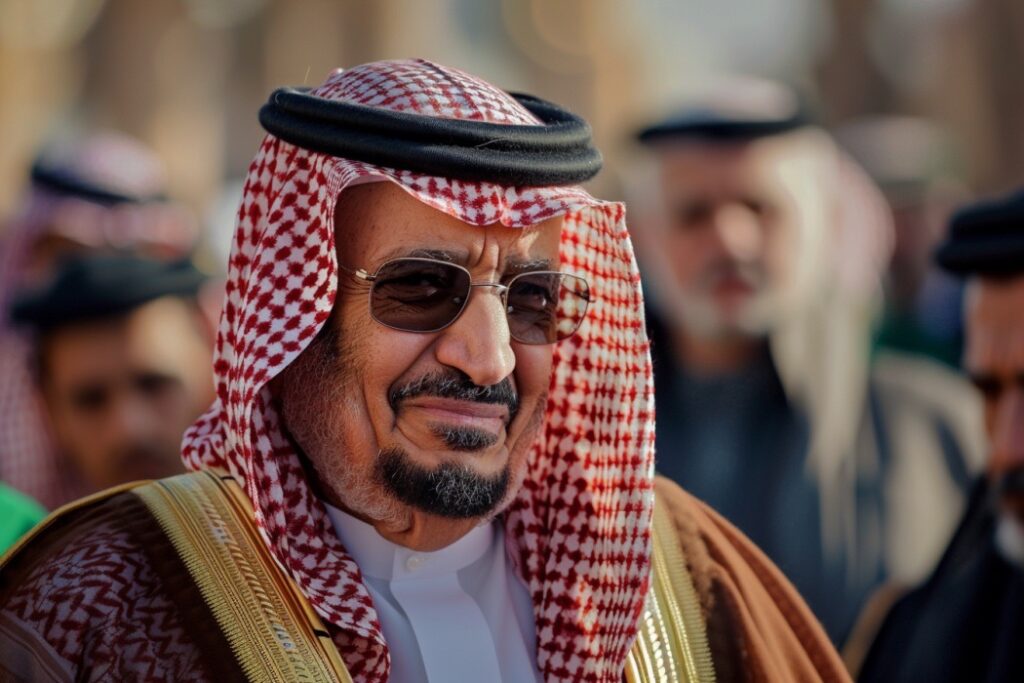Riyadh Hosts High-Level Discussion on IMF Report for GCC
RIYADH — SRMG Think recently held a thought-provoking discussion in Riyadh centered around the International Monetary Fund’s (IMF) latest report on the Gulf Cooperation Council (GCC) titled “Gulf Cooperation Council — Pursuing Visions Amid Geopolitical Turbulence — Economic Prospects and Policy Priorities for the GCC Countries.”
The event brought together a distinguished group of senior policymakers, economic experts, diplomats, and private sector leaders to delve into the region’s economic resilience, growth in the non-hydrocarbon sector, ongoing reform efforts, and policy priorities for the near future.
The discussions also delved into the potential risks to the economic outlook and emphasized the crucial role of the private sector in driving long-term transformation.
Amine Mati, Assistant Director and Mission Chief for Saudi Arabia at the IMF, highlighted the significant reform progress made by Saudi Arabia, citing strong domestic demand, robust growth in non-oil sectors, and advancements in research and development (R&D).
“Saudi Arabia is at the forefront of reforms, with a thriving domestic demand fueling strong growth in non-oil sectors. With a growing emphasis on a highly skilled workforce, the Kingdom leads the Middle East and North Africa region in R&D growth, solidifying its position as an innovation hub. Fiscal reforms, including broad-based tax adjustments, have led to a doubling of non-oil revenue over the past five years. This has resulted in a notable decrease in the gap between potential and actual tax revenues, standing at around 9% in Saudi Arabia compared to 15% across the GCC. While the current account is narrowing, Saudi Arabia maintains strong fiscal and external buffers,” Mati stated.
Nedaa Almubarak, Managing Director of SRMG Think, stressed the importance of data-driven discussions in shaping economic policies in the region.
“We are dedicated to facilitating impactful dialogues that bring together policymakers, experts, and industry leaders from both the public and private sectors to navigate the economic landscape. Today’s discussion underscored the necessity for proactive policymaking and strategic planning to uphold the GCC’s economic resilience in a changing global landscape,” Almubarak emphasized.
The discussion was expertly moderated by SRMG Think’s Senior Policy Advisor Hazar Caracalla and featured a presentation by Balazs Csonto, Deputy Director of the IMF Regional Office in Riyadh, who outlined the key findings of the report, recent economic developments in the GCC, risks to the outlook, and strategies to mitigate them. — SG



